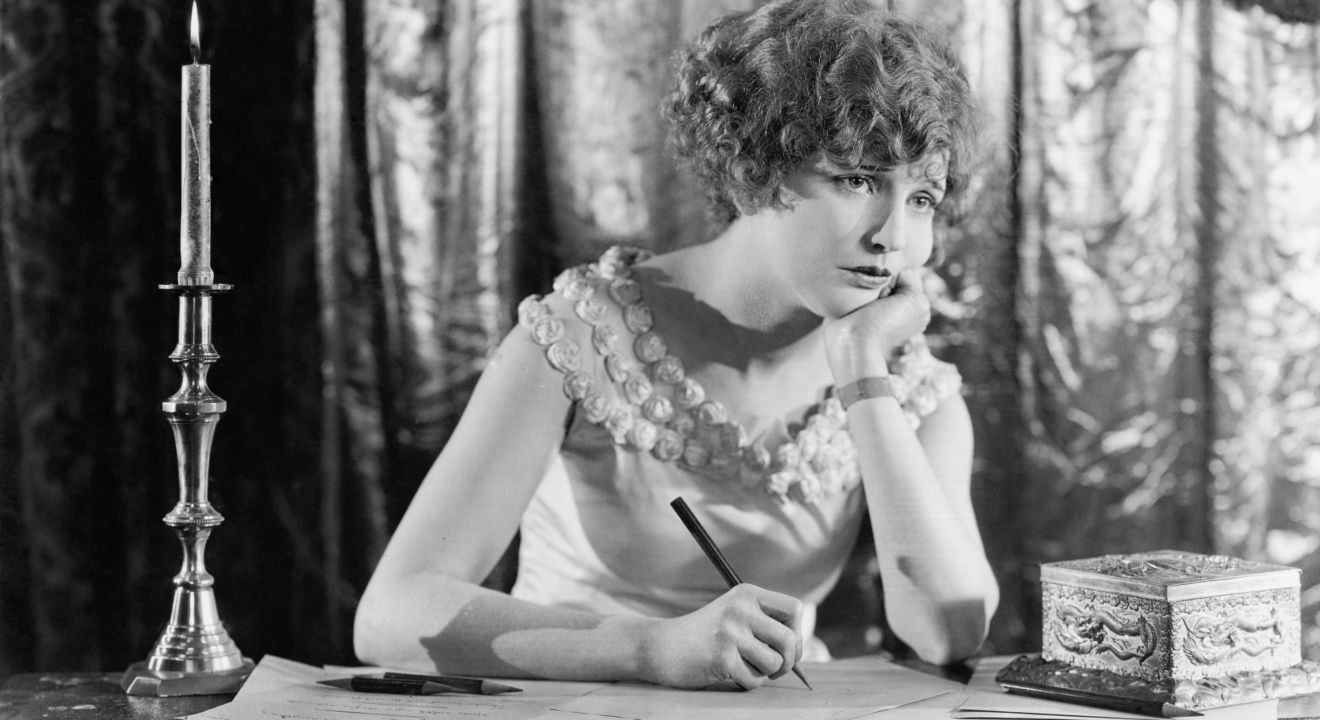Culture October 28, 2016


After weeks of waiting, the letter from the publishing company has finally arrived! With shaking hands, you tear open the letter and eagerly start reading … only to stop, sigh and crumble it up when you see the fated word: “rejected.”
What’s a writing-lovin’ girl to do when all her query letters seem to land in the rejection pile? You can’t cheer up, even knowing J.K. Rowling received her fair share of rejection letters in the mail. There must be some reason that agents and publishers don’t like your novel. But more and more people are self-publishing, and maybe you could do that too.
If you’re not sure whether self-publishing is the right choice for you, here is everything you need to know!
When you rode the bus, waited at the airport or even enjoyed some sun at the beach, you may have seen plenty of people enjoying paperbacks. Today, though, you may not be able to say the same. In fact, considering that eBooks and reading online in general are starting to take over traditional print books, it makes sense that self-publishing is on the rise.
Even well-known publishing houses are taking notice. In 2013, Harlequin stated: “The proliferation of less expensive, and free, self-published works could negatively impact Harlequin’s revenues in the future.” If Harlequin, a huge name in the literary romance world, has recognized self-publishing will affect their sales, smaller publishing companies are likely even more concerned.
Authors, though, mainly see self-publishing in a positive light. Many self-published authors are very happy with their success and frequently love to write – and and even self-publish books – about it. Many have made predictions that the future will be full of self-publishing authors and that self-publishing will make up a significant part of the publishing market by 2020.
Part of this change could be credited to the changing look of self-published books. Of course, you can still typically “read a book by its cover” and know whether it’s self-published or not. After all, it doesn’t have that little logo with a publishing company on the spine. However, the overly photoshopped covers that used to distinguish self-published books are starting to disappear. As more people appreciate the risk and bravery associated with self-publishing a book, more are willing to crowdfund through sites like Kickstarter and Indigogo.
Self-published authors are also gaining more respect with authors like Vi Keeland and Tijan ending up on New York Times’ Bestselling eBooks list. Sasha Alsberg, a YouTube creator with a channel about reviewing books, teamed up with Lindsay Cummings, author of “The Murder Complex,” to write their own book, “Zenith,” which recently hit the NYT Bestseller list. Andy Weir’s self-published book, “The Martian,” was even made into a blockbuster movie.
Now you may be thinking that self-publishing sounds great, but it’s not for everybody.
Almost everyone who has self-published a book has first approached a traditional publisher. For most authors, self-publishing functions as a last resort after several dozen pitches and queries have been rejected by agents and publishing companies. While it’s true that most editors at publishing companies only accept pitches from agents and rarely consider first-time authors, self-publishing takes a lot of work too. After all, self-publishing means writing, editing, organizing, tweeting, sharing and actually publishing your book yourself. You could pay others to help you with this process of course, but ultimately you’re in charge and responsible for everything.
Self-published authors may tell you that they loved self-publishing and wouldn’t have it any other way, but published authors will advocate for the traditional method just as vehemently. If you think your book is worth publishing but you haven’t had any luck with traditional printing houses, then self-publishing might be the way to go. However, you must remember that self-publishing is not an easy process … and may not garner the same level of authority as traditionally-published books. Ultimately, the decision – and your publication story – is in your hands.